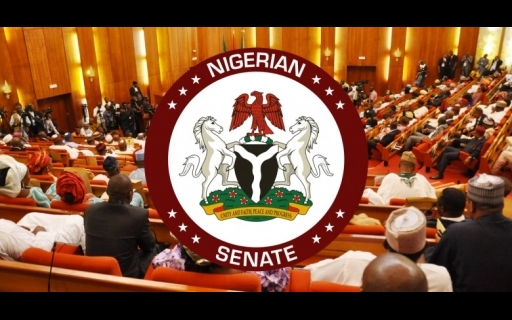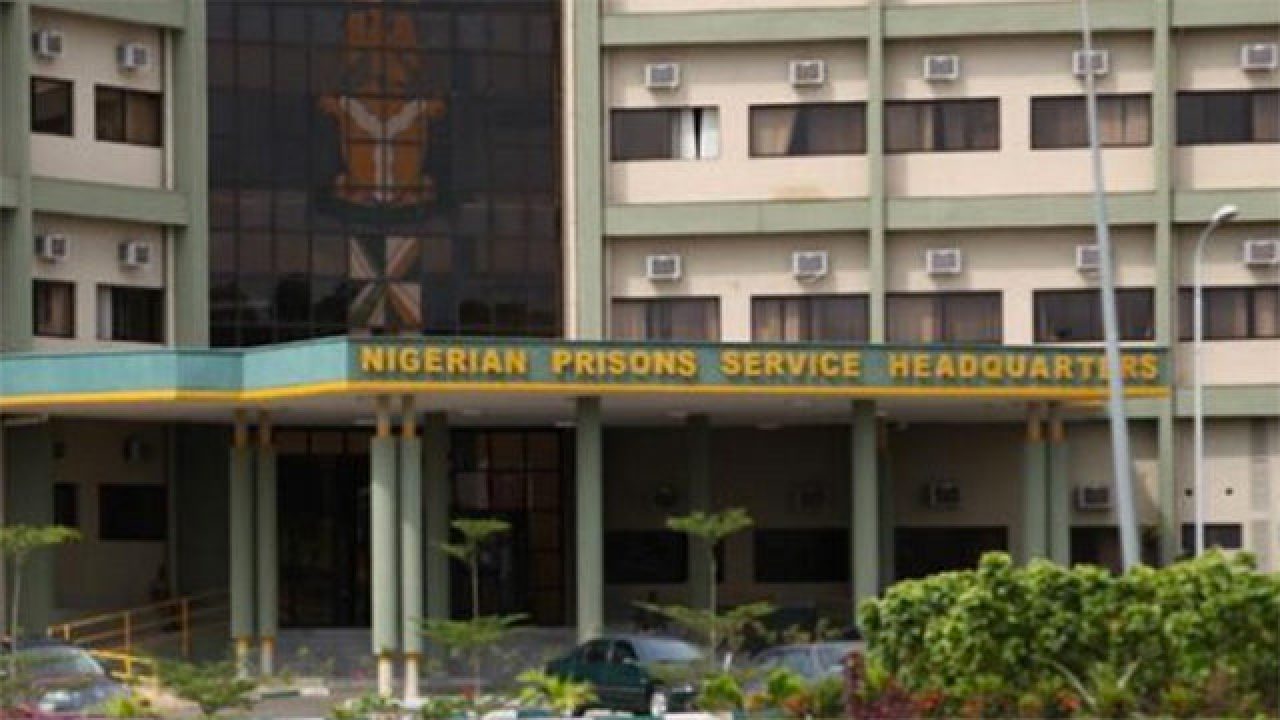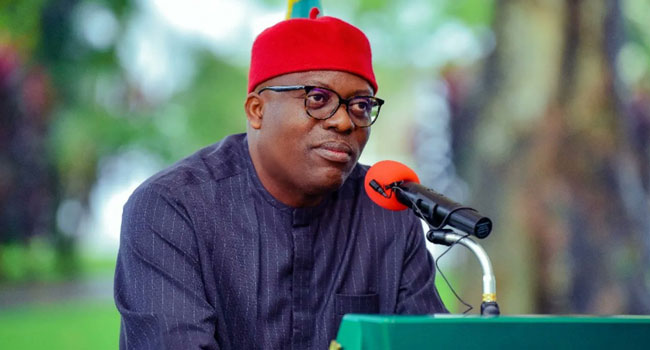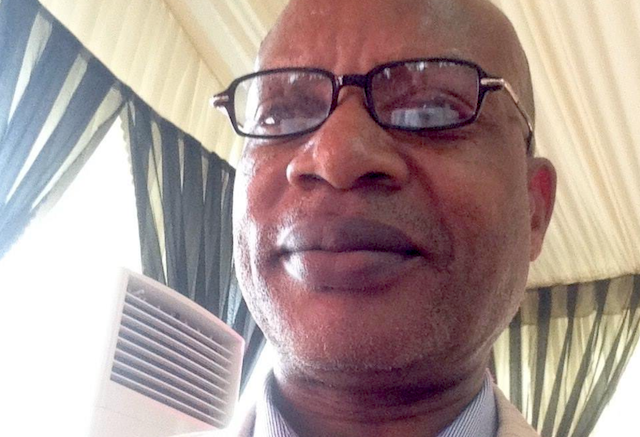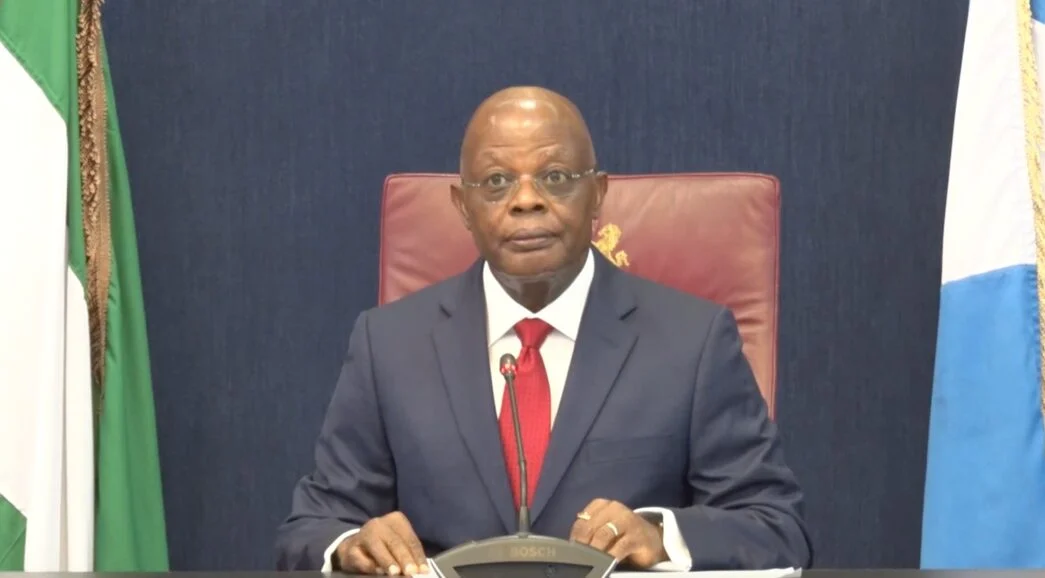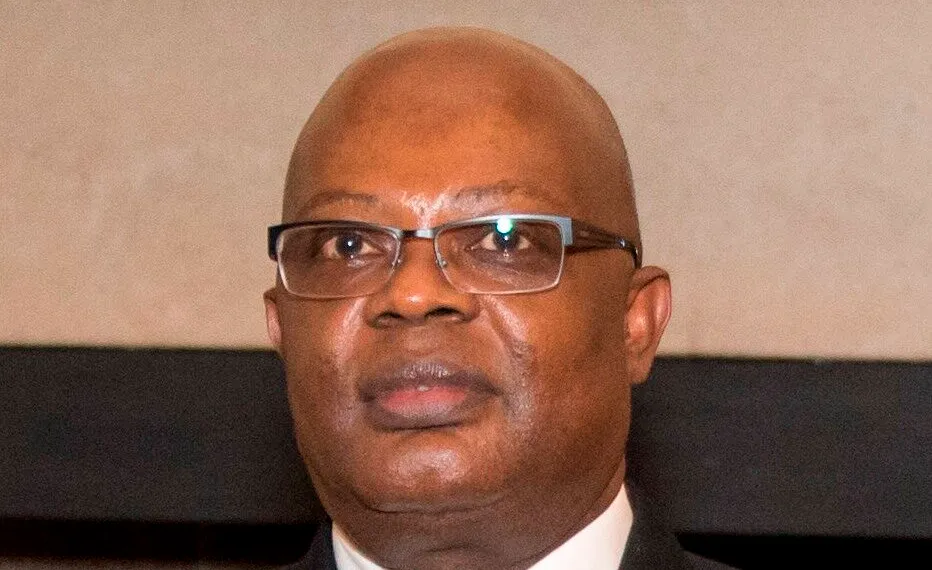Former Governor Chibuike Rotimi Amaechi lately commented on the Rivers crisis – which dates back to his administration (2007-2015) – claiming that the blowout between suspended Governor Siminalayi Fubara and ex-Governor and Minister of the Federal Capital Territory (FCT), Chief Nyesom Wike, stemmed from “how to share Rivers State’s money.”
Amaechi, who stood aloof as Fubara and Wike turned Rivers into a theatre of acrimony and mayhem, made the claim in an interview with DW on March 19, 2025, after resurfacing on the political scene, and describing as “unconstitutional” President Bola Tinubu’s emergency rule in Rivers.
According to Amaechi: “The fight bewtween the current governor of Rivers State and the FCT minister is about sharing money. If not, what is the quarrel? Nigerians don’t dislike corruption again. I’ve not seen anybody on the street querying what the problem is. Can both of them speak to the public and tell us what the problem is about?”
Amaechi didn’t say anything new. To use a local parlance – “Even the blind can see, and the deaf can hear” – that the unbridled desire to appropriate Rivers resources is the root cause of the fight-to-finish between godfather Wike and godson Fubara, leaving a huge toll on the political, economic, social, and security fabrics of Rivers.
If one may ask, what’s the cause of the low-intensity fight between Amaechi and his mentor and godfather, ex-Governor Peter Odili, during Amaechi’s governorship? Wasn’t it over the Rivers resources, for which Amaechi signalled his intention to fight dirty, and Odili had to flee Rivers until Amaechi’s out of power in 2015?
Ditto for the duel between Amaechi and Wike – clothed in the normal politics of then-Minister of State (Education) and later Minister of Education – wanting to take over power from Amaechi, whereas in reality, it’s who’d get the lion’s share of Rivers resources after Amaechi’s tenure.
The difference, though, is that Wike couldn’t wait for Amaechi to exit office peacefully. He deployed “Federal might” under ex-President Goodluck Jonathan, to make Rivers ungovernable for Amaechi, who, as Wike’s ally under the Odili political camp, bolstered Wike’s rise, by appointing him as his Chief of Staff, and “nominating” him for a ministerial portfolio.
During the 2023 General Election, Wike defied all opposition, “anointed” Fubara as candidate of the Peoples Democratic Party (PDP), practically strapped him to his back, and campaigned for him to become governor.
For his yeoman’s job, Wike allegedly “wants to lord it over Fubara, and makes him a puppet and figurehead” in his government. It’s Fubara’s resistance that’s kept Rivers quaking for over 18 months (since October 2023).
To stem the crisis sliding into a full-blown anarchy, President Bola Tinubu wielded the big stick on March 18, 2023, and proclaimed a State of Emergency on Rivers, suspended, for six months, the executive and legislative arms of the government, and appointed a Sole Administrator to superintend affairs of the state.
A lot has happened barely three weeks after, the most telling being the bombshell allegations by former Head of Service (HoS), Dr George Nwaeke, against Fubara – the thrust of which’s Fubara’s directive to burn down the Rivers House of Assembly in 2023, and his plan to use militants to destroy oil installations in Rivers, and Niger Delta that lays Nigeria’s golden egg.
Nwaeke, who claims to be an “insider and eyewitness” to some of Fubara’s plans and actions, had suddenly resigned his position, and “disappeared” from the radar, only to show up in a video press conference, levelling grave allegations against Fubara, his Chief of Staff, Edison Ehie, and Bauchi State Governor Bala Mohammed.
In response, Fubara’s issued counter-accusations, rather than address directly the Nwaeke charges, which border on economic sabotage, destruction of public property, stifling of the legislature, and plotting to stop President Tinubu’s re-election in 2027. Below are Nwaeke’s pointed allegations:
• Fubara directed the burning down of the Rivers Assembly, using Edison Ehie, whom the governor mobilised with “a bag of money.”
• Fubara’s attempts to demolish the residential quarters of Rivers Assembly members was averted by a press conference held by Rivers elders and youths, and National Assembly members.
• Fubara’s procured the services of militants to bomb oil pipelines, as part of the plot to bring down the Tinubu government.
• Nwaeke says he observed several meetings between Fubara, his chief of staff and some militant leaders, with each meeting ending with huge sums of money paid to attendees.
• Fubara told Nwaeke that as Chief Security Officer of Rivers State, and his brother (Governor Duoye Diri) is in charge of Bayelsa State, all oil pipelines are under their care.
• Fubara said that at the appropriate time, they (he and Diri) would tell the boys (militants) what to do, and fund was not an issue.
• Nwaeke says he wasn’t surprised when Fubara repeated the statement in a public function that, “I will tell the boys what to do at the appropriate time.”
• Fubara plans to start destruction of oil facilities from non-Ijaw-speaking areas of Ogoni, Oyibo, Ahoda, to remove attention from the Ijaw and make it have a statewide outlook.
• That such actions will bring down Tinubu, and usher in a new President from the (rumoured) coalition of political parties, with a Vice President from the Ijaw.
• Fubara boasts he’s the “David that will bring down the Goliath (Wike) of Rivers State,” and that he’s the backing of the crème de la crème in Rivers.
• Fubara told Nwaeke he plans to use the Ijaw to decide the next President of Nigeria.
• Nwaeke claims he used to sleep over in the Government House, Port Harcourt, but became uncomfortable when Governor Mohammed and other stakeholders started nocturnal visits to Rivers State.
• Fubara’s co-opted Governor Mohammed into the plot against Tinubu, and told him (Nwaeke) he would support Mohammed or any other northerner for president in 2027, with discussions ongoing.
• Nwaeke says he’s not bothered about who Fubara supports, but is concerned about the “quantum of Rivers resources” released to visitors plotting Tinubu’s downfall.
• Nwaeke says he’s privy to several private meetings between the governor and labour leaders in Rivers and the largesse given out at each meeting to compromise the Labour Union.
• The media will be captured by paying heavily for airtime and retaining social media influencers and known social critics on their payroll.
• Such plans accounted for the organised media condemnations and public outcry against the President and National Assembly over the Rivers emergency rule.
• That Tinubu’s declaration of emergency rule averted a major disaster in Rivers, and Nigeria from the militants.
• Nwaeke wants Rivers Sole Administrator, Vice Admiral Ibok-Ete Ibas (rtd), to step up his guards and be vigilant, as Fubara and others continue to hatch their plans if not put in check.
At the video press conference, Nwaeke said: “I am not unaware of what this revelation means, but I am doing this to free my conscience and warn those innocent persons that are used to sway public sentiment that there is more than meets the eye in the Rivers matter.
“As an insider and a key player in this administration by my position, who worked closely with Siminilayi Fubara, it will be unfair for me to keep silent or not to address some key factors that have affected or will affect our state if we continue on this trajectory.
“I want to tell Rivers people today that the House of Assembly complex on Moscow Road was clearly brought down by Edison Ehie under the instructions of Governor Siminilayi Fubara. I challenge him to an open confrontation and I will throw more light on it.
“If not for the intervention of Mr. President, Nigeria would have faced the worst economic sabotage, and Rivers State would have been up in flames. I thank the President for a swift intervention in Rivers State crisis, especially on the state of emergency that was declared and assented to by the National Assembly.
“Those who love democracy and humanity will always protect humanity and democracy. Mr. President, you have just protected democracy and humanity in Rivers State. I can now sleep with my conscience clear.”
Nwaeke’s allegations against Fubara are heavy, and damaging, and call for a direct and frontal rebuttal, point by point. But so far, Fubara’s been dismissive, labeling Nwaeke as “compromised” and not the calibre of person he’d sit or discuss with any of the alleged issues.
In a personally-signed counter-statement on March 29, 2025, Fubara said: “First, on the claim that he (Nwaeke) was aware of my discussions and plans to support Bala Mohammed’s alleged 2027 presidential bid, it is laughable that Dr. Nwaeke would be part of any high-level political meeting as Head of Service, much more sitting in my alleged night meetings with Bala Mohammed and militants, like he claimed. Howbeit, none of such meetings ever held.
“The truth is that the whole world knew when the Bauchi State Governor, as Chairman of Peoples Democratic Party Governors Forum, visited the State, and there was nothing secret about the visits.
“It is also ludicrous for Dr. Nwaeke to claim that he was aware of my meetings to encourage attacks on oil pipelines and other National assets in the State, as there was no time I held any meeting with militants or any criminal group to destabilise the State. It is on record that I have been at the forefront preaching peace in the State even in the face of obvious provocations.
“The truth is that Dr. Nwaeke has been compromised, and whatever he is saying is only aimed at fulfilling his promise to those who may have paid or coerced him to lie against me.
“I call on all well-meaning Nigerians and the good people of Rivers State to disregard everything said by Dr. Nwaeke, as they are mere desperate attempts to discredit me and my administration, and undermine the peace process by Mr. President.”
Fubara followed up on the “nothing burger” with a series of WhatsApp messages, suggesting that Nwaeke had been reaching out to Ehie “for funds and support in exchange for his loyalty,” as his ₦500,000 monthly salary was inadequate to meet his needs.
Yet, Fubara’s denial hasn’t scratched the surface of Nwaeke’s damning allegations against him. He needs to invalidate the charges in a more organised format, such as a press conference, to throw the ball back into Nwaeke’s court. Anything short of that will sustain doubts about him coming clean, and erode his credibility and public trust!
